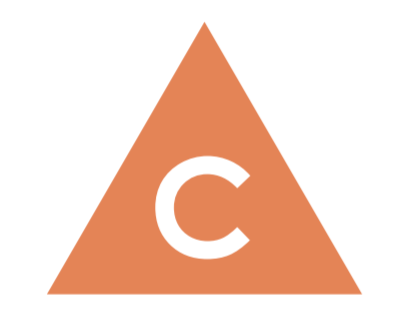Core Competencies: Communication
The core competencies are sets of intellectual, personal, and social and emotional proficiencies that all students need to develop in order to engage in deep learning and life-long learning. Through provincial consultation, three core competencies were identified.
|
|
Communication competency encompasses the set of abilities that students use to impart and exchange information, experiences, and ideas, to explore the world around them, and to understand and effectively engage in the use of digital media. Communication competency provides a bridge between students’ learning, their personal and social identity and relationships, and the world in which they interact. |
|
1. Connect and engage with others (to share and develop ideas) Students engage in informal and structured conversations where they listen, contribute, develop understanding and relationships, learn to consider diverse perspectives, and build consensus. Examples include literature circles, book clubs, blogs, and small group discussions/decision making/informal debating. |
|
|
2. Acquire, interpret, and present information (includes inquiries) Students inquire into topics that interest them, and topics related to their school studies. They present for many purposes and audiences; their work often features media and technology. Examples include “show and tell,” explaining a concept, sharing a PowerPoint presentation about a research/inquiry topic, and creating a video proposal. |
|
|
3. Collaborate to plan, carry out, and review constructions and activities Students work together to accomplish goals, either face-to-face, or through digital media. Examples include planning a construction, inquiry or performance, solving a problem, conducting an inquiry, and working together on community projects. |
|
|
4. Explain/recount and reflect on experiences and accomplishments Students tell about their experiences—especially their learning experiences—and reflect, and share what they learned. Examples include presentations of learning, self-assessment, and receiving/offering feedback. |
|
Core Competency "I CAN" Statements
|
Connect and engage with others (to share and develop ideas): I ask and respond to simple, direct questions I am an active listener; I support and encourage the person speaking I recognize that there are different points-of-view and I can disagree respectfully |
|
Acquire, interpret, and present information (include inquiries) I can understand and share information about a topic that is important to me I present information clearly and in an organized way I can present information and ideas to an audience I may not know |
|
Collaborate to plan, carry out, and review constructions and activities I can work with others to achieve a common goal; I do my share |
|
Explain/recount and reflect on experiences and accomplishments I give, receive, and act on feedback I can recount simple experiences and activities and tell something I learned I can represent my learning, and tell how it connects to my experiences and efforts |

